
Soil restoration through the Farming God’s Way training.
a Biblically-based version of conservation/regenerative agriculture
Genesis 2:15
“The Lord God took the man and put him in the Garden of Eden to work it and take care of it.”
Farming & Soil Restoration.
In our Farming God’s Way training, we teach scripture, plant a biblical vision, & encourage practical action …
Through this training, we teach people how to restore their soil, resulting in dramatic improvements in crop yields. Most farmers can easily double or triple their yields at low cost and with minimum external inputs. This is a sustainable method of farming that honors God. It brings good news to those suffering from poverty and hunger, reducing dependency on foreign aid.
Farming God’s Way is a biblically-based approach to conservation agriculture.
It combines agricultural stewardship principles from God’s Word with hands-on practices that heal the land and improve crop productivity.
It’s goal is to disciple farmers, transforming them both spiritually and practically, so they become excellent stewards of their land.
The results have often been amazing.
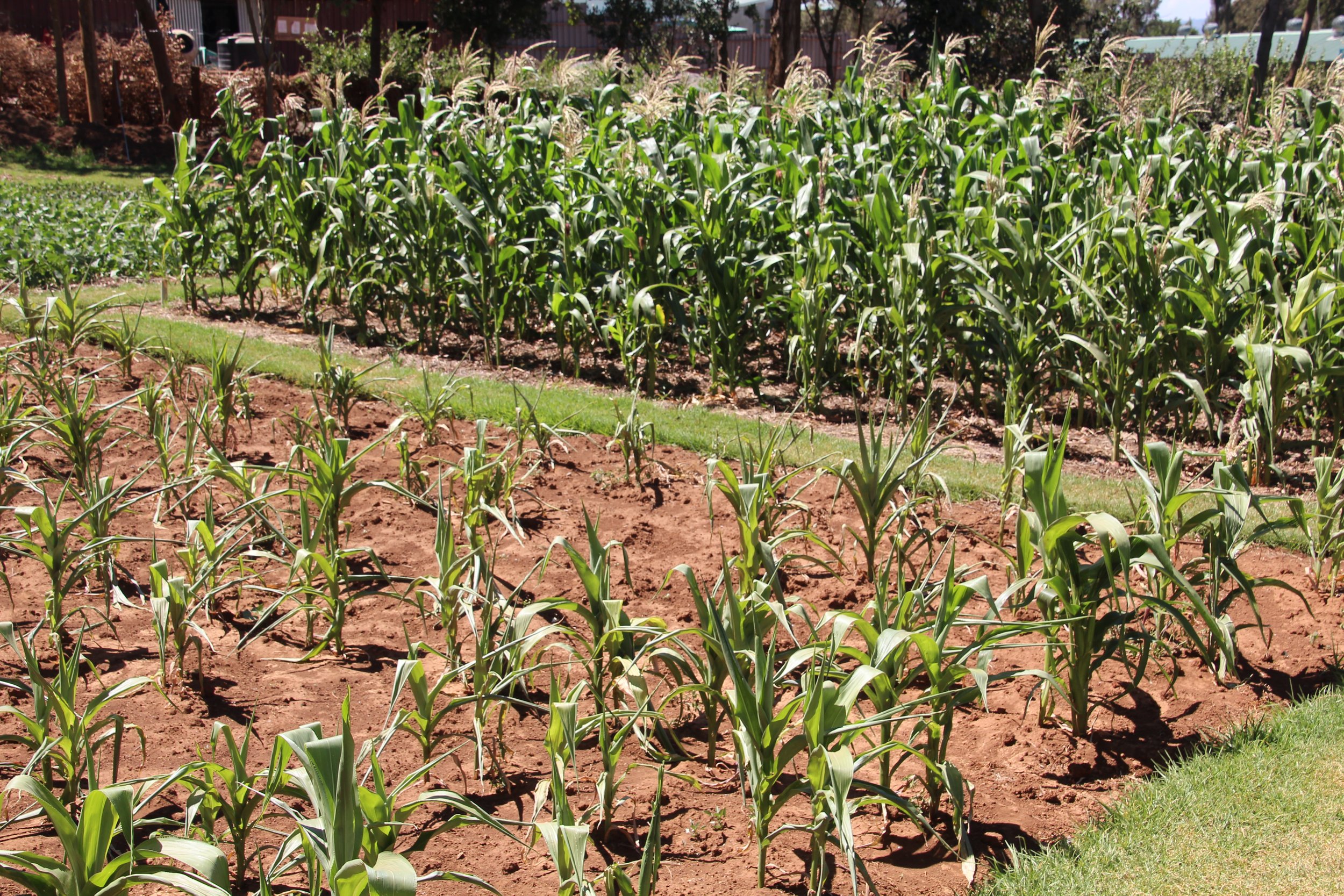
We plant a biblical vision & encourage practical action.
Benefits.
Farming God’s Way is a sustainable method of farming providing numerous benefits …
Water is captured and conserved
Erosion is minimized
Soil organic matter is restored
Soil fertility and soil structure are restored
The effects of drought are minimized
Crop yields are increased
It is an excellent tool for discipling farmers
Increased Yields.
Fields managed under the Farming God's Way (FGW) method often produce crop yields 3 times or more compared to fields managed in the traditional way.
In Practice.
In our work, we implement sustainable practices at all times, pursue excellence, pay attention to detail, and honor God in every step of the agricultural process.

The soil is never plowed
Plowing destroys soil structure and soil organisms, it reduces soil fertility, and it leads both to erosion and evaporation of water.
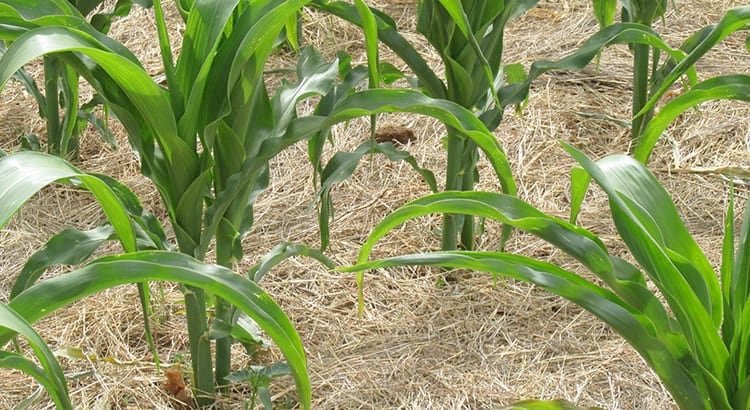
The soil is covered with mulch at all times
Using mulch (God's blanket) provides multiple benefits, including stopping soil erosion, capturing and conserving rainfall, minimizing evaporation, preventing the growth of weeds, and rebuilding soil organic matter and fertility.
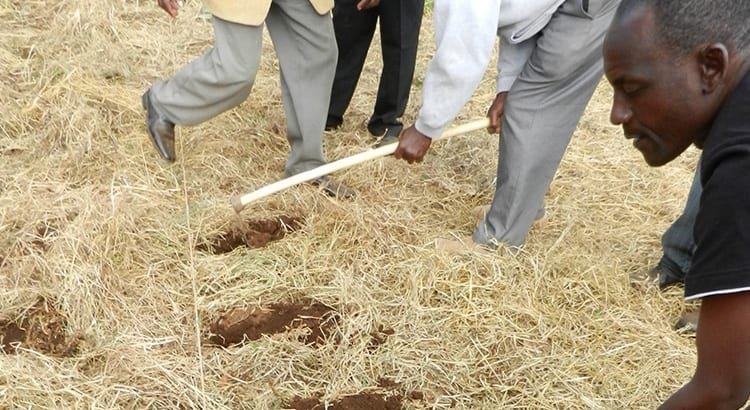
Seeds are planted to high standards
This includes proper spacing within rows and between rows, planting at the proper depth, and precise application of fertilizer or manure.
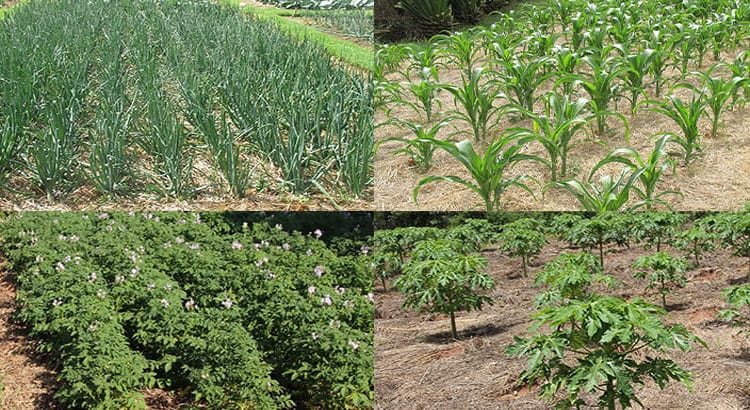
Crop rotation with several crops is encouraged
Monocultures are avoided. Multiple crops minimize risk and bring benefits to the soil. God’s garden was diverse!

Consistent Weeding
Weeds are faithfully removed every 10-14 days and to high standards.
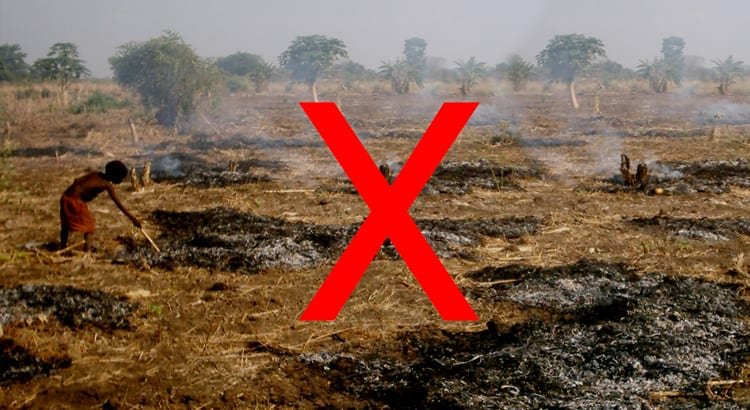
Crop residues are never burned
They are kept on the land as part of God’s blanket and as food for the soil.
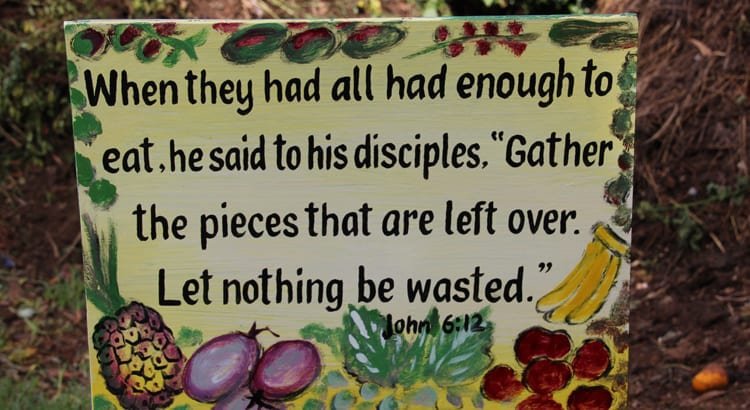
Waste is minimized in every step
As stewards of God’s creation, we should minimize the waste of time, money, seed, inputs, soil, water, etc.
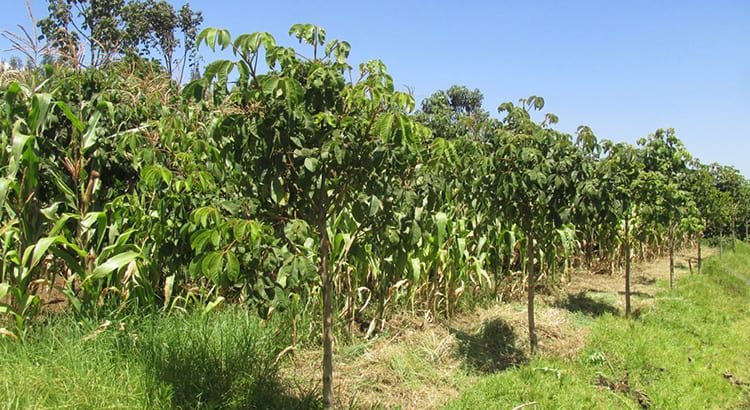
Trees are incorporated into the system
Agroforestry combines crops and trees in strategic ways to improve the long-term sustainability of the land. God’s garden had many kinds of trees.

Utilizing Compost
All natural food and vegetation scraps are mixed into a pile of soil and manure, creating a nutrient-rich black soil used in crop planting for more healthy plants.
Biblical Principles.
A vision for transforming agriculture begins with God. He intended the earth to be a place of abundant provision for his people (Genesis 1 & 2). All of our stewardship principles are biblically based!
Genesis 1 & 2
A vision for transforming agriculture begins with God. He intended the earth to be a place of abundant provision for his people.
Leviticus 25:2-7
Godly agriculture cares for the whole creation and benefits the whole community of life.
Psalm 23, Proverbs 12:10
Like a good shepherd, farmers bring glory to God when they give proper care to domestic animals and livestock.
2 Chronicles 7:13-14
Repentance of our sinful and careless ways is the first and necessary step to bring healing to our land.
1 Corinthians 10:31
How we do agriculture should glorify God and reflect our commitment to Christ.
Genesis 1:11-12, 2:8-9
Like God’s garden, our farming systems should be diverse, incorporating many kinds of trees, plants, crops and animals.
Isaiah 58:6-11
Godly agriculture works to bring justice and security to the poor and marginalized.
Deuteronomy 22:1-4
Godly agriculture gladly spreads new vision and success to others.
Genesis 2:8, 15
Farming is a meaningful and noble way of life because God was the First Farmer.
Leviticus 25:2-5
Godly agriculture strengthens the land and obediently strives to honor the Sabbath principle.
John 6:9-13
Godly agriculture is not wasteful.
Genesis 37-41
Godly agriculture confronts impending challenges and plans for the future.
Leviticus 19:9-10
Deuteronomy 24:19-22
Godly agriculture gives priority to healthy food and to the needs of the poor and hungry.
Matthew 25:14-21
We bring greatest glory to God when our agricultural stewardship improves the fruitfulness of the land.
Matthew 5:48, 10:29
Psalm 50:9-11
Godly agriculture pays attention to detail and pursues excellence in all aspects of its practice.
John 4:34-35
God-centered agricultural work is a mission field ripe for the harvest.










